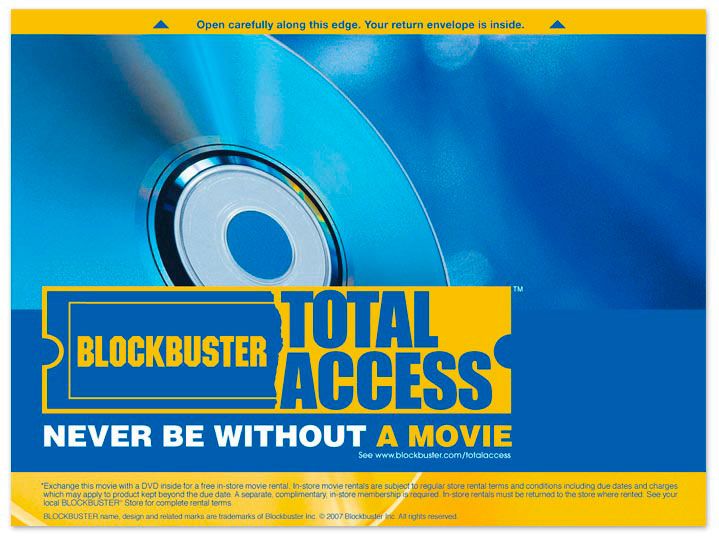Autodata Products, a managed service provider based in London, has integrated Scality Artesca object storage into its service offering, utilizing the pay-as-you-go model from Scality Cloud Service Provider (SCSP). This implementation allows Autodata to provide on-premise backup solutions aimed at combating ransomware for its client base.
Key Features of Autodata’s Cloudlake Offerings
Autodata’s Cloudlake service focuses on delivering comprehensive IT solutions, particularly in backup, storage, and security. The core components of this service include partnerships with well-known providers such as Wasabi for cloud storage, Veeam for backup solutions, and Scality for object storage. The company manages approximately 500 clients through flexible monthly contracts, with operational offices in both the United States and the Netherlands.
Ransomware Recovery Vault Services
Within its service offerings, Autodata has established the Cloudlake Ransomware Recovery Vault (RRV). This initiative utilizes Scality Artesca and SCSP to enhance its service capabilities. By leveraging Scality’s pay-as-you-go service, Autodata can ensure that its clients have access to effective ransomware recovery solutions without incurring excessive upfront costs.
The RRV is designed around the principle of providing on-site immutable storage solutions, deploying Scality Artesca as a reliable backup target while allowing clients to pay solely for the storage they utilize.
Scality Artesca’s Features and Ransomware Protection
Scality released version 2.0 of its Artesca platform in 2023, emphasizing built-in ransomware protection through object storage. Artesca is optimized for single-application use cases, focusing heavily on data protection strategies.
Insights from Autodata’s Leadership
Ant Bucknor, who oversees datacentre and cloud services at Autodata, advocates for the importance of maintaining an adequate amount of critical data on-site. This strategy enables swift restoration in case of ransomware incidents or outages. Bucknor highlights that previously, clients often faced challenges in meeting their recovery time objectives (RTOs) when relying exclusively on cloud backups, primarily due to extended recovery times.
Recommended On-Site Storage Duration
According to Bucknor, “I would suggest probably the last 30 days” of data should be stored on-site as a baseline. However, he acknowledges the variability depending on each client’s specific needs, stating that some require six months of data for restoration, while others may only need data that is less than 48 hours old.
Cost-Effectiveness and Market Accessibility
One of the significant advantages for Autodata is the ability to offer sophisticated ransomware recovery solutions that were previously unattainable for small to medium enterprises (SMEs) and the mid-market. The reliance on Scality’s flexible pricing model means that as Autodata increases its storage capacity, overall pricing may decrease.
Bucknor explains that traditionally, such solutions cost hundreds of thousands of pounds, whereas now, with Scality, affordable options are available for a broad spectrum of sectors, including education and local governments. “The more these solutions we implement, the greater the benefits for both our business and our customers,” he adds.
Emerging Trends in Storage Procurement
The adoption of a pay-as-you-go model is gaining traction in the storage procurement landscape. This approach, as exemplified by offerings from HPE, NetApp, and Pure Storage, aligns with customer desires for flexible purchasing options. Bucknor asserts, “Pay-as-you-go is the future,” as it empowers clients to control spending more effectively and alleviates the frustrations associated with long-term commitments to storage solutions.



